
Ah, credit, where would we be without it? If you are reading this, we can presume that you have a credit score in the 500 range or are just curious what options are available. In either case, you are in the right spot.
We will spend a little time explaining how credit scores, a concept established back in the 1950s. No, that wasn’t a typo. The FICO, which is the scoring model that evolved into our modern credit score, was developed during our grandparent's era. Credit scores are generated based on the information reported to TransUnion and Equifax. These credit reporting agencies are private organizations that the government regulates. The government must regulate this industry because credit plays an essential role in our daily lives.
One area where the law helps protect consumers is the requirement for these two credit reporting agencies to provide a fair and transparent dispute process. With this process, if there is an error on your credit report, the agency must remove it within a specific period of time from when you notified them. This dispute process is for legitimate errors and not intended for people trying to game the credit reporting agencies.
How credit scores are calculated
The exact credit scoring model used by Equifax and TransUnion are closely guarded secrets. We do have some rough guidelines on how the credit scores are calculated, though, so you will be able to make better-informed decisions when it comes to your credit,
Roughly one-third of your credit score is based on your overall repayment history. The scoring model looks at your past performance when assigning a value. Credit scores range from 300 to 900, so you could say that 300 points are based on your payment history.
Generally speaking, the longer you have credit, the greater the influence it has on your score. If you had two identical people with the same credit profile and one had an account five years longer, the older account would score considerably higher. Time is on your side.
The age of your accounts is important but how you managed those accounts is equally important. Did you pay your bills on time, or did you fall behind? Missing payments regardless of the reasons why or the amount will hurt your credit score.
Credit utilization is the next factor that goes into calculating your credit score. In simple terms, this means how much of your total available credit have you used. The scoring model penalizes high utilization rates, so you should aim to use no more than thirty percent of your available credit.
Credit inquiries are another variable that impacts your credit score. If you apply for multiple credit products during a short period of time, it gives the impression you are having financial issues. You see, applying for credit and loans result in a hard credit check. Too many hard checks within a short time will negatively affect your credit score. There is one bright spot: the scoring models have adapted to consumers who are looking to buy cars or mortgages where you want to shop around for the best deal. Each mortgage or car-related check only counts as one time.
A mix of credit types is another variable that is important but does not make-or-break your credit score. Having a mix of revolving credit, such as credit cards, and installment credit facilities is recommended if you want a high credit score.
What you can get approved for with a 500 credit score
With a credit score of 500, you would be able to get approved for some cell phones plans and maybe a free phone, but the phone would not be a flagship brand like the iPhone 13. You will be able to get a car loan; however, it will be challenging to get a competitive interest rate. There are lenders specializing in offering car loans to individuals with a credit score of 500, so you are in luck.
What you can’t get approved for with a 500 credit score
We are going to touch on some of the things that you cannot get approved for right now, but remember your credit score can improve by taking some proactive steps which we will discuss a little later.
You will not be able to get credit cards from major banks; the median credit score needed for a major bank credit card is 650+. You will not be able to get a competitive car loan with that credit score. The credit score needed for a competitive car loan would be in the 680 range, especially if you wanted a zero percent car loan.
Being able to rent an apartment, especially in larger metropolitan areas like the Toronto and Vancouver, will be difficult. The vacancy rate in these markets is low, and landlords will not feel comfortable renting to someone with a credit score in the 500 range. You will also have a difficult time being able to work with financial institutions or positions where you are in control of funds. An employer will do a soft credit check to see evaluate how you manage access to money.
When you sum up what you can do with a 500 credit score, there aren’t many options available to you. However, there are some things you can do to help turn things around. Remember: a credit score is not written in stone.
Turning your credit frown upside down
If we are being honest, you need to start taking proactive credit rebuilding steps. Your goal should be to get your credit score in the 600-650 range within the first year and build from there. While this may seem like an impossible goal, there are some things you can do to start raising your credit score today.
For instance, start by applying for secured credit cards. These secured cards are not prepaid cards you find in a store. When you sign up for secured cards like Refresh or KOHO, they will report to TransUnion and Equifax. You need to use the cards but pay them in full every month. It will take a few months for these new accounts to start impacting your credit score, so now would be ideal to sign up for them.
We mentioned that having a good mix of credit products can impact your credit score. There are credit builder loans being offered, which is something you should consider. When you sign up for these loans, you make a payment every month, and at the end of the loan, you will receive the payments you made less any fees.
Each month you make a payment, it will be reported to the credit reporting agencies. These positive reports will help increase your credit score, you cannot rush this process, but it will be worth it when your score starts to improve. If you have someone who has good credit and is willing to help, they could cosign a loan with your name on it. This gives you the ability to rebuild your credit, and thanks to the cosigner, you will be able to access more competitive financing terms.
Why do you need to take stock of your finances?
Budgeting is an essential life skill that most of us lack. If you want to gain control of your finances, then you must create a budget; otherwise, it will be difficult for you to get control of your finances. There is no need to take special classes or learn any specific software. You can use an online calculator. Start by listing all of your income sources, and once you have that sum, you should list all of your debts, including the due dates.
While creating your budget, you can start coming up with a debt snowball plan to start paying down your debts. While you pay the minimum amount due on all of your debts, you can then allocate any spare money on the debt with the lowest balance until you pay it off. After you have paid off the first debt, using the same approach, move on to the next debt until that is paid off. This approach will take some time, but you are getting out of debt.
Staying on top of your credit
According to an Ipsos survey, a little more than half of all Canadians are $200 away from bankruptcy. So you are not the only one facing financial challenges, but you need to start getting yourself on a solid financial footing. Sign up for credit monitoring services from TransUnion and Equifax. You should check your credit score regularly to monitor your progress.
It is not difficult to check on your credit report. There are also free credit reports from Borrowell and Credit Karma. Checking your credit score alone won't raise your score. If you follow our other tips, you will be able to improve your credit score by 100 to 150 points in one year.
Having a 500 credit score doesn’t provide you with many good options, but you can turn things around in your favor. The sooner you begin following these tips, the sooner your credit score will increase. Its not over for you and your credit. You just have to work at it.



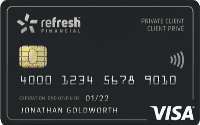
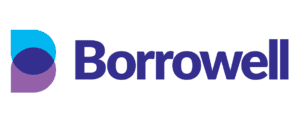

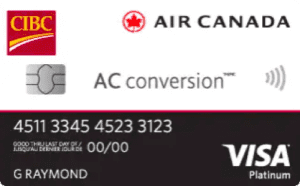










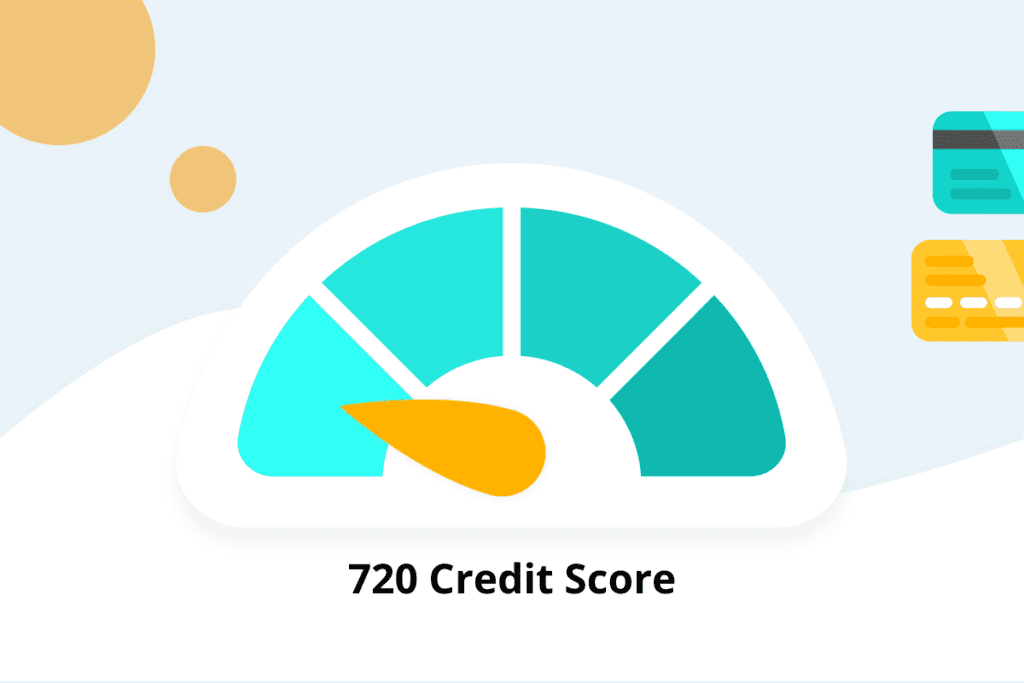
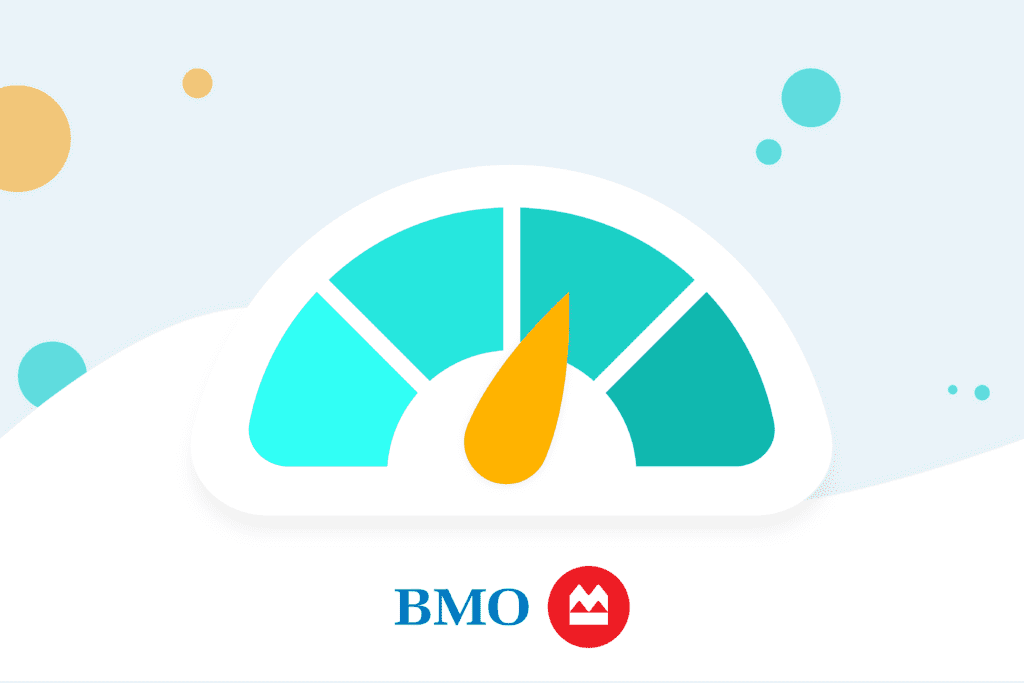



About The Author: Arthur Dubois
Passionate about personal finance and financial technology, Arthur Dubois is a writer and SEO specialist at Hardbacon. Since his arrival in Canada, he’s built his credit score from nothing.
Arthur invests in the stock market but doesn’t pay any fees because he uses National Bank Direct Brokerage online broker and Wealthsimple’s robo-advisor. He pays for his subscriptions online with his KOHO prepaid card, and uses his Tangerine credit card for most of his in-store purchases. When he buys bitcoins, it’s with the BitBuy online platform. Of course it goes without saying that he uses the Hardbacon app so that he can manage all of his finances from one convenient place.
More posts by Arthur Dubois